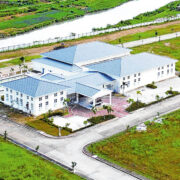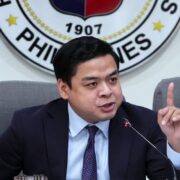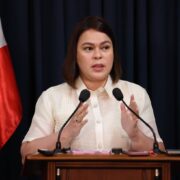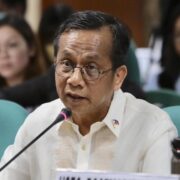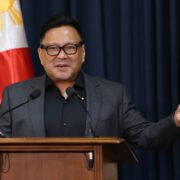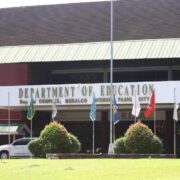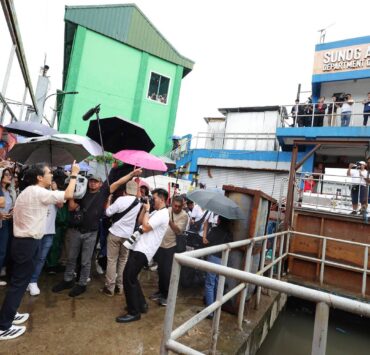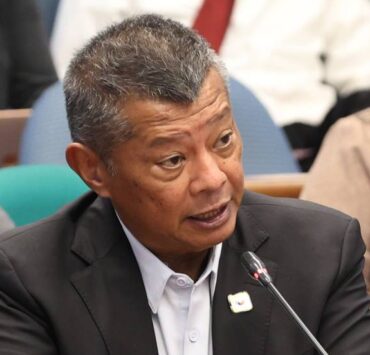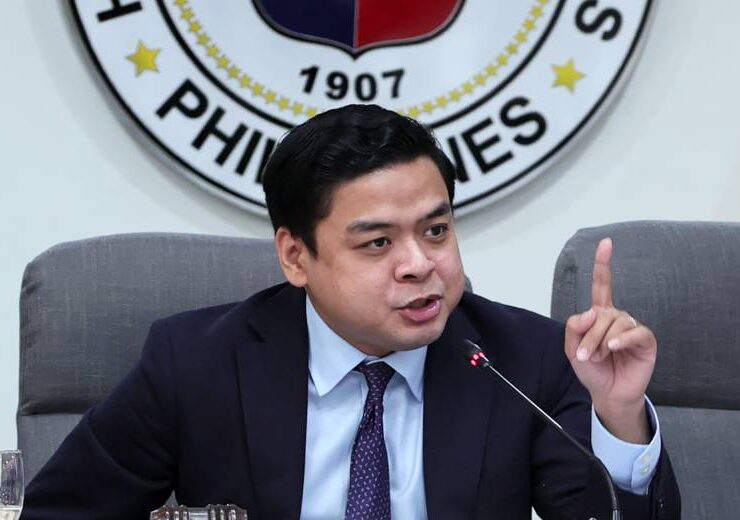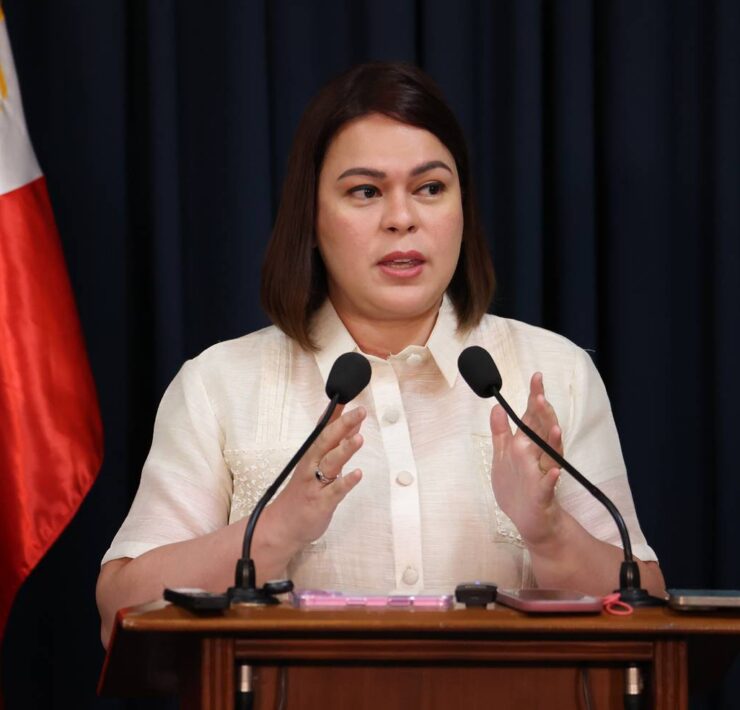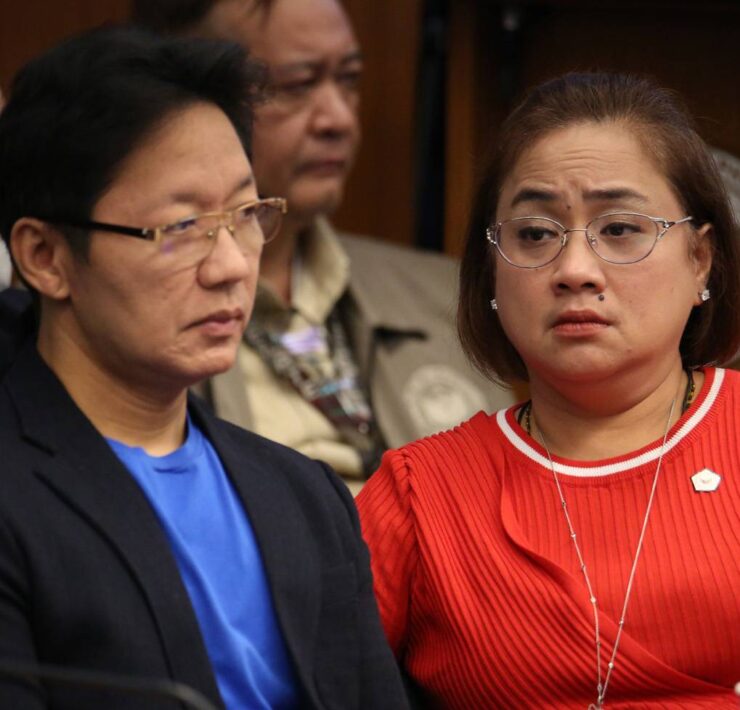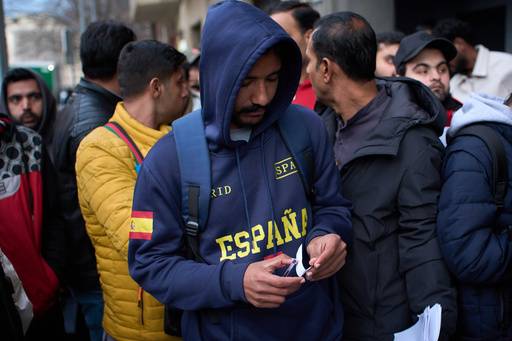Du30 unfit for trial? Drug war victims’ lawyers doubt it
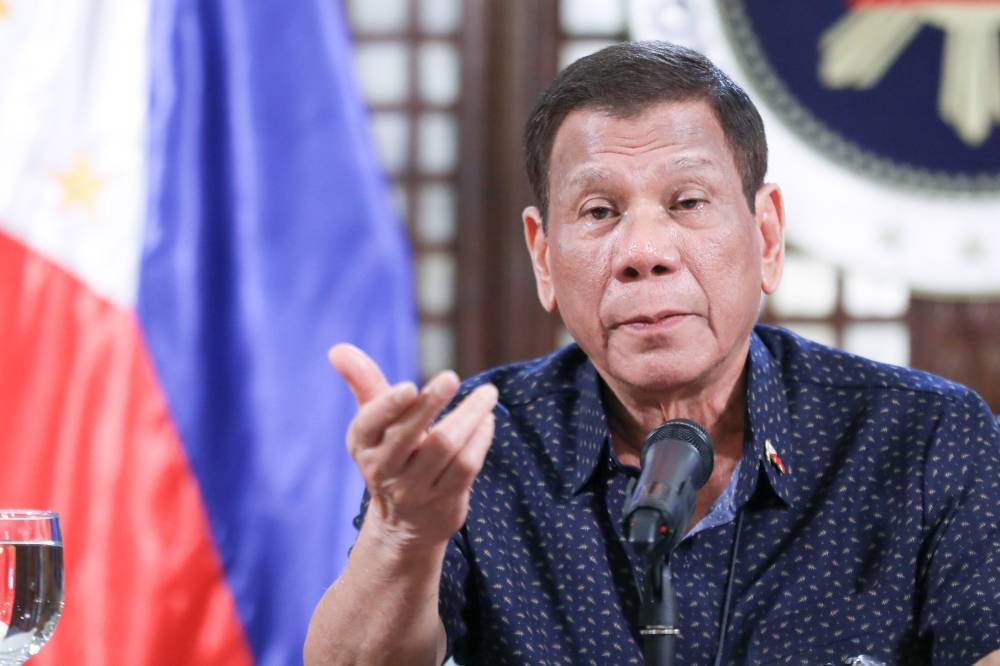
Former President Rodrigo Duterte has shown signs of “cognitive impairment” that could affect how he responds to his murder charges—or so his lawyer claims.
But lawyers for victims of Duterte’s drug war expressed doubt about his condition and said the former president’s counsel could still act on his behalf in moving the proceedings on his case before the International Criminal Court (ICC).
In a five-page motion submitted on July 18 but made public only on Monday, Duterte’s lawyer Nicholas Kaufman notified the ICC’s Pre-Trial Chamber (PTC) 1 that a report by the court’s medical team showed the former president manifesting signs of cognitive impairment.
Kaufman said further the report matched the results of another neuropsychology report conducted in May by an undisclosed health professional.
“The cognitive faculties affected, including Mr. Duterte’s [redacted] are precisely those required to work on his legal case and with his defense team,” said the heavily redacted document submitted to the court.
Sufficient basis
Given his client’s medical findings, Kaufman said the court should decide his fitness before moving forward with the confirmation of charges hearing postponed on Sept. 8.
The hearings, if they push through, will allow parties to the case to present evidence and witnesses so the PTC can determine if there is sufficient basis for Duterte to face trial.
The former president is facing three counts of murder for his alleged role in forming a death squad that led to the brutal killing of individuals suspected of using or selling drugs and being members of drug syndicates.
The ICC’s Office of the Prosecutor said it is holding Duterte “individually criminally responsible” as an indirect coperpetrator in the “neutralization” of unnamed drug suspects under a policy that rewarded the killings.
From the 43 incidents cited in the arrest warrant issued against him in March for the original lone count of murder, Duterte was charged with making “essential contributions” to 49 incidents of drug war killings in Davao City as mayor and then as president in different areas nationwide.
‘He can defer to lawyers’
Lawyers of the victims have stressed the Rome Statute, the 2002 framework establishing the ICC, allows the accused to waive in-person attendance through a written request.
“That’s why he can defer to his lawyer if he is not feeling well… so there’s a valid basis for the confirmation of charges as soon as possible,” lawyer Kristina Conti of the National Union of Peoples’ Lawyers (NUPL) said in a press conference early last month.
Fellow NUPL lawyer Neri Colmenares said it was “premature” to even raise the issue of Duterte’s health because the matter should be decided by the trial court, not the PTC where his murder case is being adjudicated.
“The defense application itself admitted there is no clarity or consensus on the severity or cause of the alleged cognitive impairment,” Colmenares told the Inquirer on Tuesday. “In fact it admitted that Duterte has sufficient cognitive facility to decide allow[ing] the release of his medical records.”
He said ruling on Duterte’s fitness at the pretrial stage would “only further delay the case to the disadvantage of the families of the victims who have long yearned for the justice that was deprived of them during his presidency.”
Victims’ safety
Prosecutors and relatives of the drug war victims have also asked the PTC to reject a new round of undisclosed conditions proposed by Duterte’s counsel in seeking his temporary liberty.
In separate filings dated Sept. 29, the prosecution said Duterte’s conditional bid for interim release “does not outweigh the serious risk he presents.”
“The prosecution has demonstrated through multiple filings that Mr. Duterte, if granted interim release, would be a flight risk, is likely to interfere with the proceedings and may commit further crimes,” the ICC’s Office of the Prosecutor said in its heavily redacted response signed by Deputy Prosecutor Mame Mandiaye Niang.
This was in reply to a Sept.16 filing by the defense offering another condition for Duterte’s temporary freedom without disclosing it.
The victims, represented by Principal Counsel Paolina Massida of the Office of Public Counsel for Victims (OPCV), told the court the new conditions suggested by the defense have “no basis” and are “misplaced.”
“The defense fails to demonstrate any change of circumstances, nor does it bring any other pertinent and unforeseen matter to the attention of the [PTC] that would affect or alter the fact that the continued detention of [Duterte] remains necessary,” OPCV said.
‘Not a relief’
Furthermore, the proposal of the defense is also “not a relief or measure” to mitigate any risks feared by the victims, it added. The victims had earlier expressed concern for their safety while Duterte seemed to have a good chance his petition for temporary liberty would be granted.
In its June 25 filing opposing Duterte’s interim release, OPCV pointed out that the defense has already gathered pieces of evidence, thereby heightening the risk of obstructing the proceedings and endangering the lives of victims.

